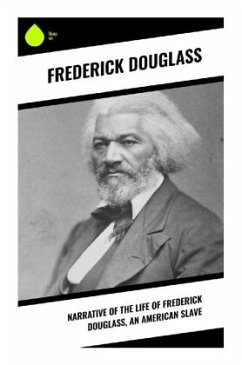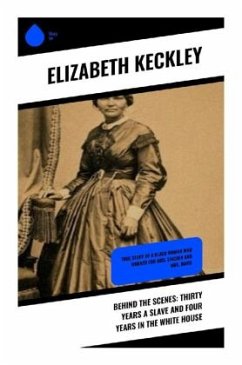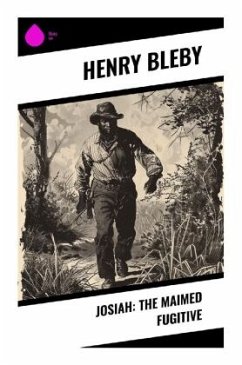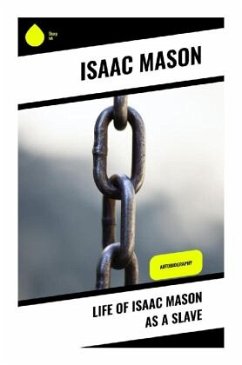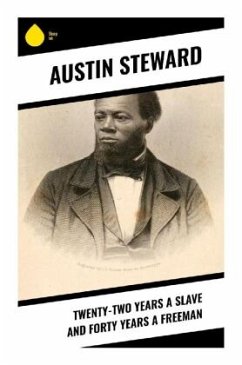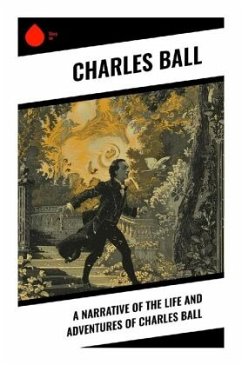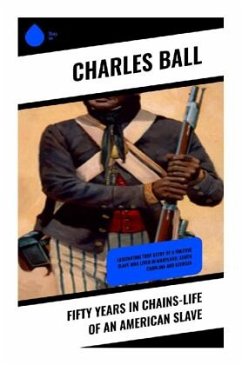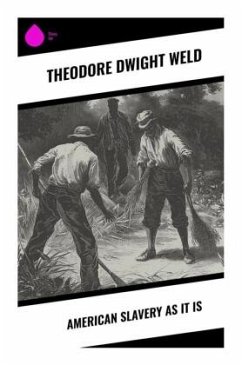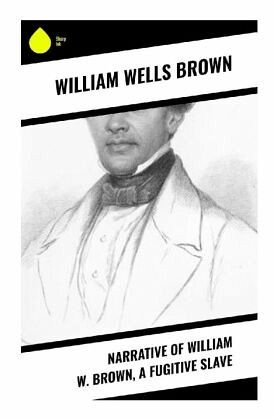
Narrative of William W. Brown, a Fugitive Slave
Versandkostenfrei!
Versandfertig in 6-10 Tagen
7,80 €
inkl. MwSt.

PAYBACK Punkte
0 °P sammeln!
William Wells Brown's "Narrative of William W. Brown, a Fugitive Slave" presents a poignant and compelling account of his life under slavery, encompassing themes of resilience, identity, and the quest for freedom. Written in a direct and powerful literary style, the narrative not only provides insight into the brutal realities of enslavement but also serves as a critical commentary on the social injustices of antebellum America. In a time when slave narratives were becoming an important literary form, Brown's work stands out for its authenticity and impassioned advocacy for abolition, capturin...
William Wells Brown's "Narrative of William W. Brown, a Fugitive Slave" presents a poignant and compelling account of his life under slavery, encompassing themes of resilience, identity, and the quest for freedom. Written in a direct and powerful literary style, the narrative not only provides insight into the brutal realities of enslavement but also serves as a critical commentary on the social injustices of antebellum America. In a time when slave narratives were becoming an important literary form, Brown's work stands out for its authenticity and impassioned advocacy for abolition, capturing the voices of those silenced by oppression. William Wells Brown, born into slavery in 1814, became a remarkable figure in American literature and the abolitionist movement. His escape from bondage in 1834 catalyzed his life's work as a writer and orator, driven by the desire to illuminate the horrors of slavery and advocate for civil rights. Throughout his life, Brown bridged the gap between African American experiences and broader social reform discussions, marking him as a significant figure in both literary and historical contexts. "Narrative of William W. Brown, a Fugitive Slave" is essential reading for anyone seeking to understand the complexities of American history and the enduring impact of slavery. Brown's eloquent storytelling and profound insights invite readers to engage with the past, making this work relevant for contemporary discussions about race, justice, and human rights.




